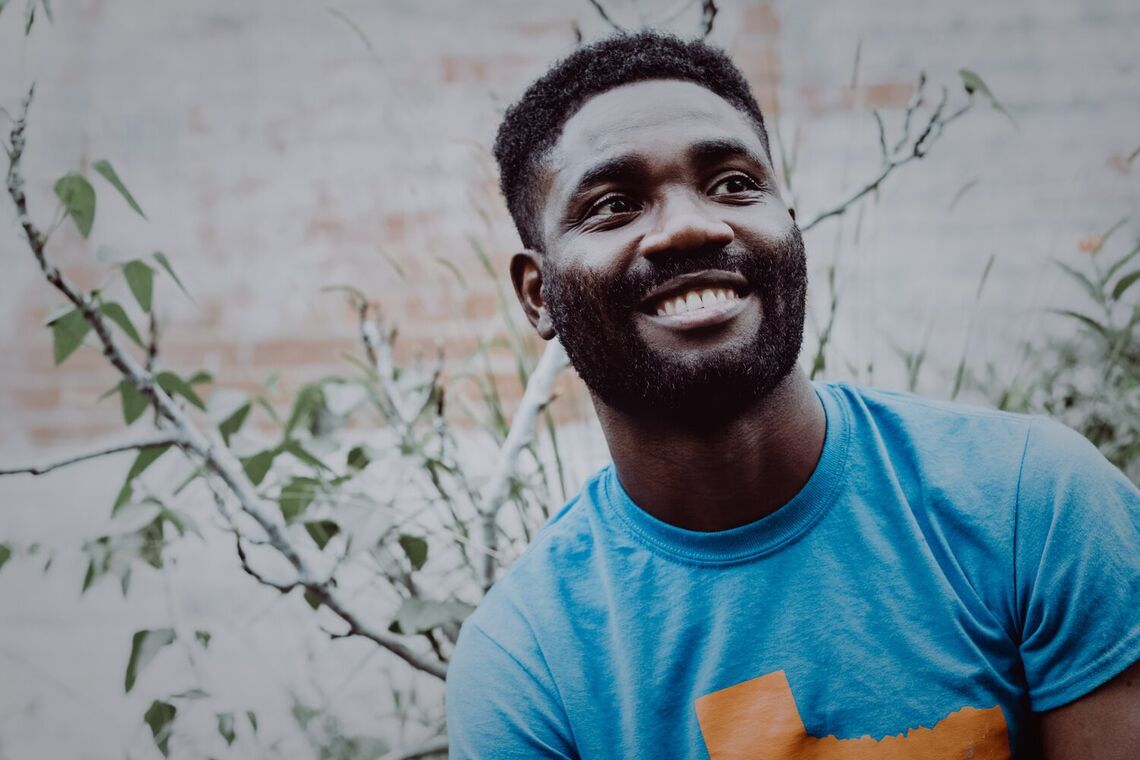a Markov Sonnet; after George Abraham
Though tungsten-framed, the truth is not unlike water.
Let me say it, what I must before Night casts its cloak.
Somewhere, a photograph of me in yellow uniform.
*
Before Night casts its dark cloak, let me say what I must.
Somewhere, there is a photograph of me in yellow uniform
The same shade as the teeth of memory. My shirt: undone.
*
Somewhere, there is a photograph of me in yellow uniform
The same shade as the teeth of memory. My shirt undone
By the kind of hunger one can never rid one’s body of.
*
Undone, my shirt’s the same shade as the teeth of memory.
There is a kind of hunger one can never rid the body of.
Much like the body is a church, the body is a library.
*
I have the kind of body one can never rid of hunger.
Much like the body is a church, the body is a library.
There’s nothing made that cannot be unmade by hands.
*
Much like the body is a church, my body is a library
Of nothing that, made by hands, cannot be unmade.
What is a life if not a seam, a song unstitched by Time?
*
Is there a thing made that cannot be unmade by hands?
A life is never what it seems. A song unstitched by Time
Is trapped inside my body. I’ve always wanted its escape.
*
A song unstitched by Time, a life is never what it seems.
I’m trapped inside a body I have always wanted to escape.
Inside this poem, the truth is crouching on all fours.
*
I’m trapped inside this body. I have always wanted to escape.
Inside this poem, the truth’s an animal crouching on all fours.
In Gérôme’s paintings, Truth assumes the form of a woman.
*
Inside this poem, the truth’s an animal crouching on all fours.
In Gérôme’s paintings, Truth assumes the form of a woman.
In the painting I love most, she sits at the bottom of a well.
*
In Gérôme’s paintings, Truth assumes the form of a woman.
In the painting I love most, she sits at the bottom of a well—
Naked; & with her right hand, she holds up a haloed mirror.
*
In the painting I love most, she sits at the bottom of a well—
Naked; & with her right hand, she holds up a haloed mirror.
What is the name for it, what I, in haste, have called a life?
*
Naked, she holds up a haloed mirror with her right hand.
I have no name for it: what I, in haste, have called a life.
It aches, to want but have no name for what it is you want.
*
I have no name for it: what I, in haste, have called a life.
It aches, to want but have no name for what it is you want.
I know Shame like one knows kin. I know its middle name.
*
It aches to want, to have no name for what it is I want.
Like a kin, Shame knows & calls me by my secret names.
I do remember being a boy without a name for everything.
*
Like a kin, Shame knows & calls me by my secret names.
I do remember being a boy without a name for everything.
Unclothed, behind closed doors, I danced with other boys.
*
A man now, & still I have no name for everything I am.
Unclothed, behind closed doors, we danced the dance
We did not know to call a dance, or sin—just wrestling.
